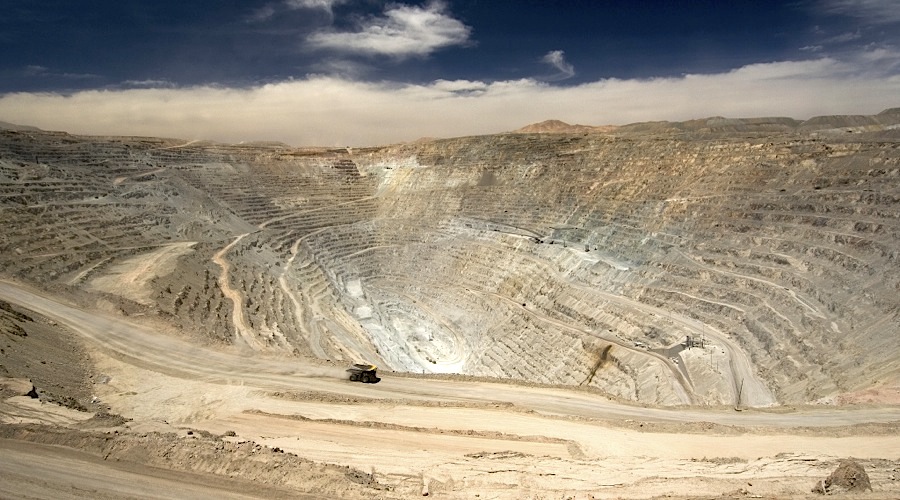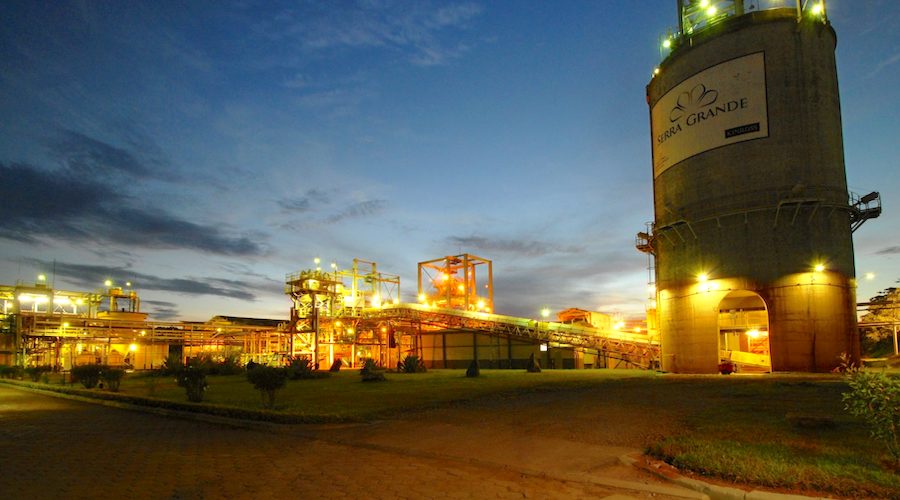Codelco resuming work at halted projects after deaths


One of the deaths happened at Codelco’s $1.4 billion Rajo Inca project, which will extend the productive life of the El Salvador copper mine by 47 years and increase output by almost 50%.
The other worker died in the construction project to expand the century-old Chuquicamata mine and transform its open pit into an underground mine.
The $5.6 billion-switch to underground cave mining from open pit, part of Codelco’s 10-year, $39 billion-overhaul of its core assets, is expected to extend Chuquicamata’s life by at least 40 years. It will also allow the copper giant to keep up production rates, despite falling ore grades and increasing costs at its operations.
Annual production from “Chuqui” — as locals call it — after it has fully transitioned to underground extraction is projected to be 320,000 tonnes of fine copper and 15,000 tonnes of molybdenum.
The head of the National Geology and Mining Service (Sernageomin), David Montenegro, told parliamentarians last week that security protocols of certain divisions were not in line with Codelco’s vice presidency directives.
Regulators also found a lack of accredited training and poor maintenance.
Codelco holds vast copper deposits, accounting for 10% of the world’s known proven and probable reserves and about 11% of the global annual copper output.
Chile, the world’s largest producer of the metal used in everything from construction to electric vehicles and renewable energy, accounts for nearly 30% of the world’s output.
The nation expects to receive almost $69 billion in mining investments through the end of the decade, down 6.9% from the previous forecast, state copper commission Cochilco said in November.
This post has been syndicated from a third-party source. View the original article here.




